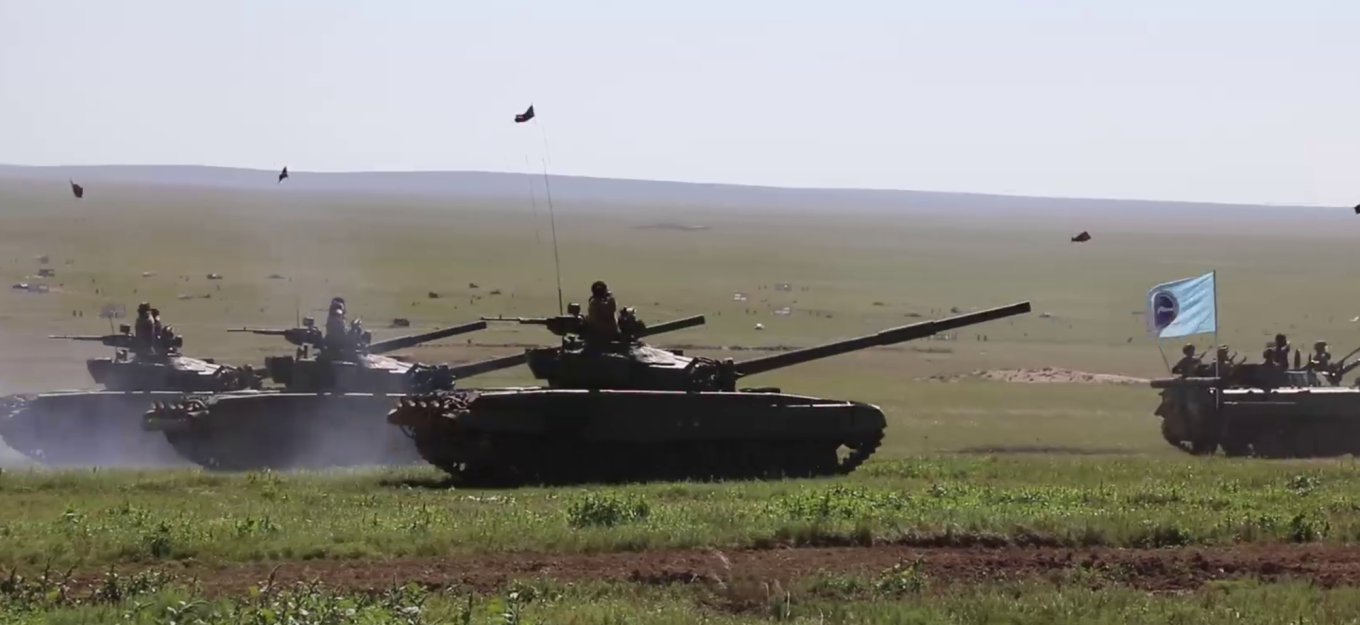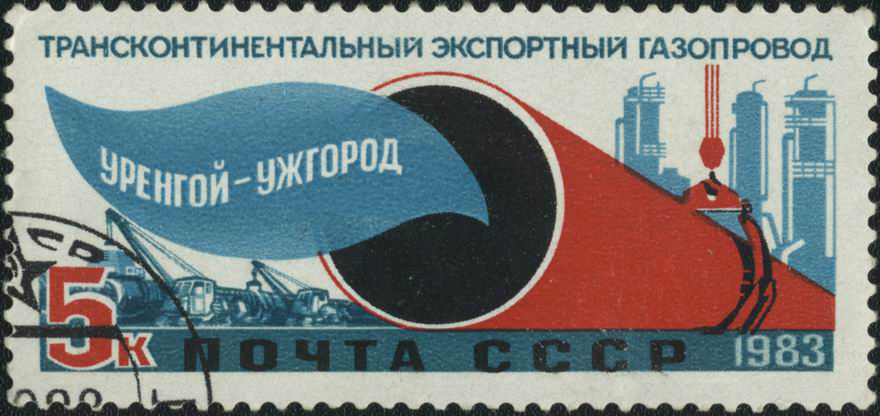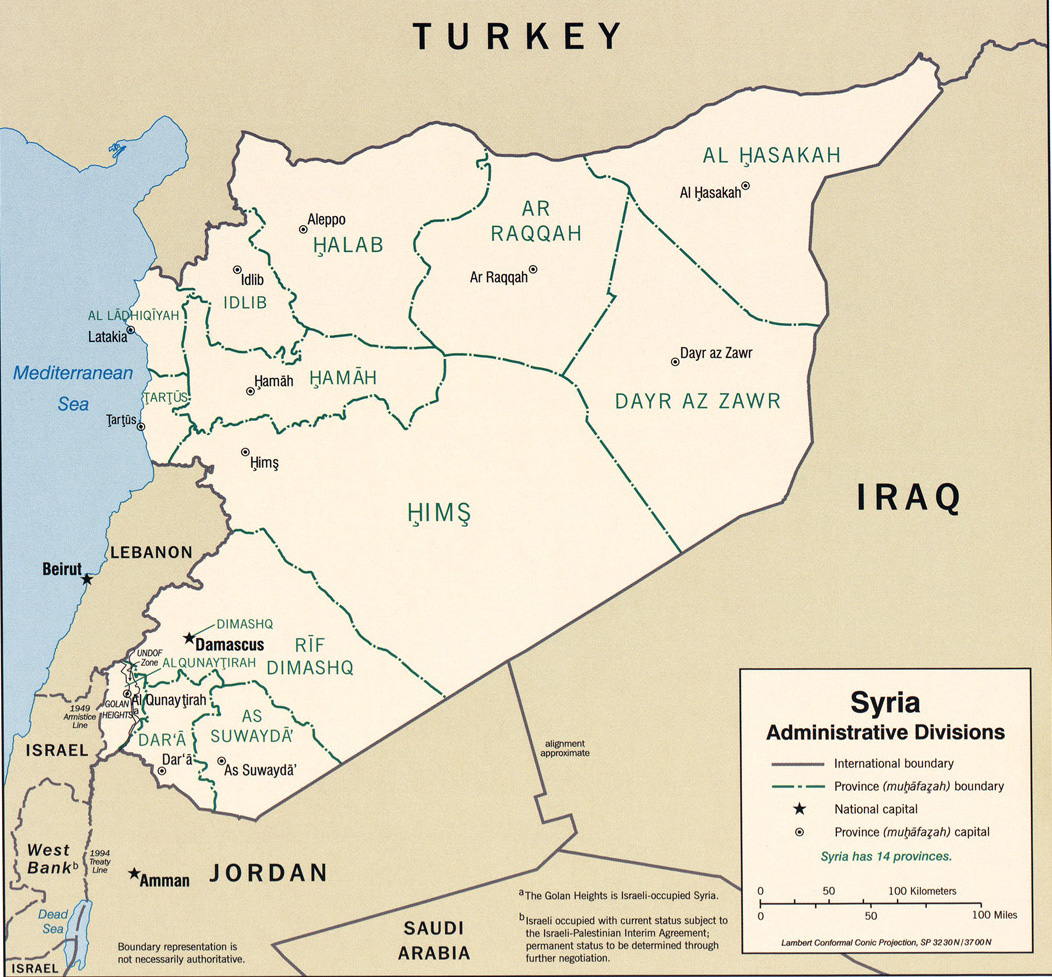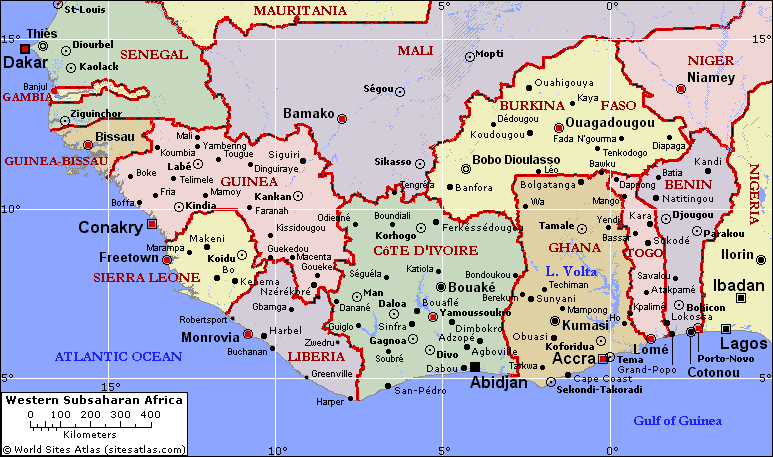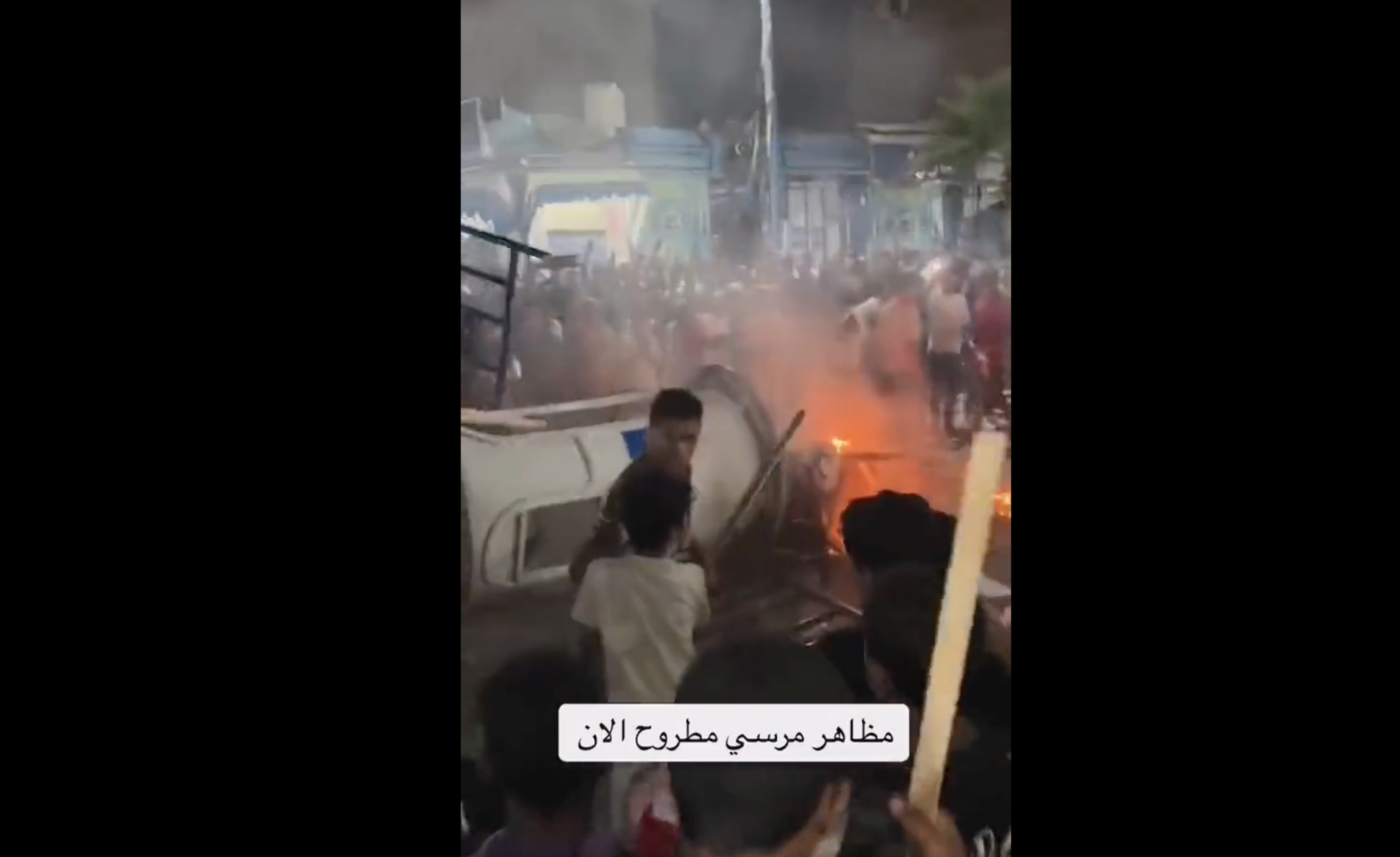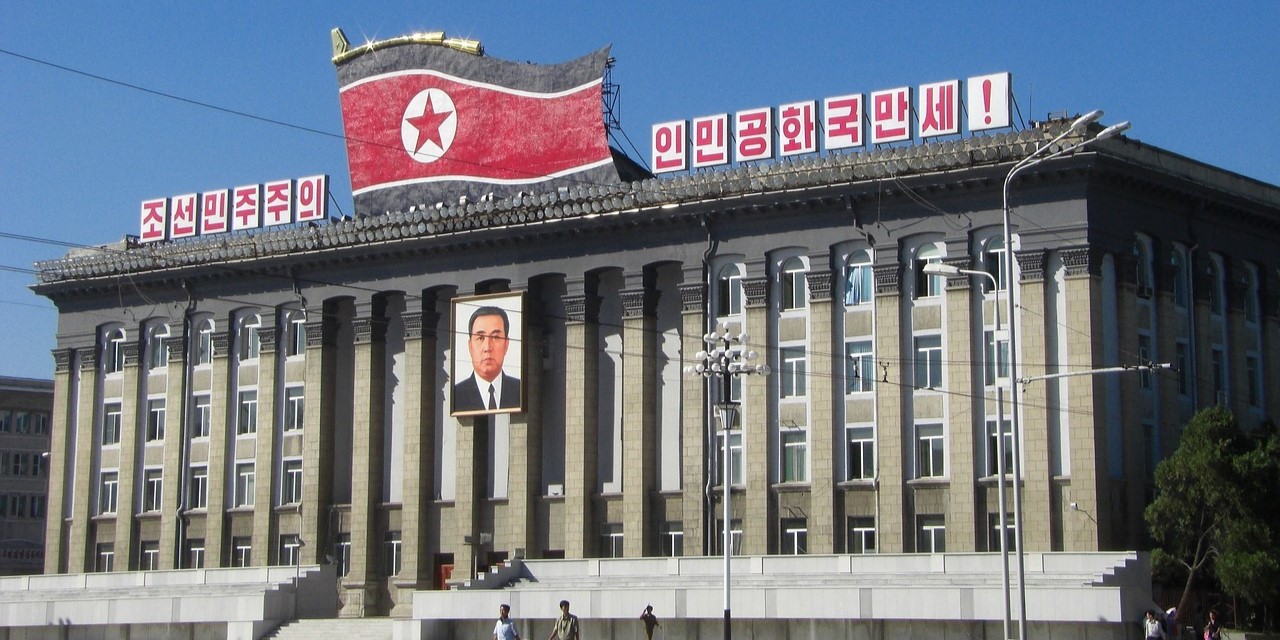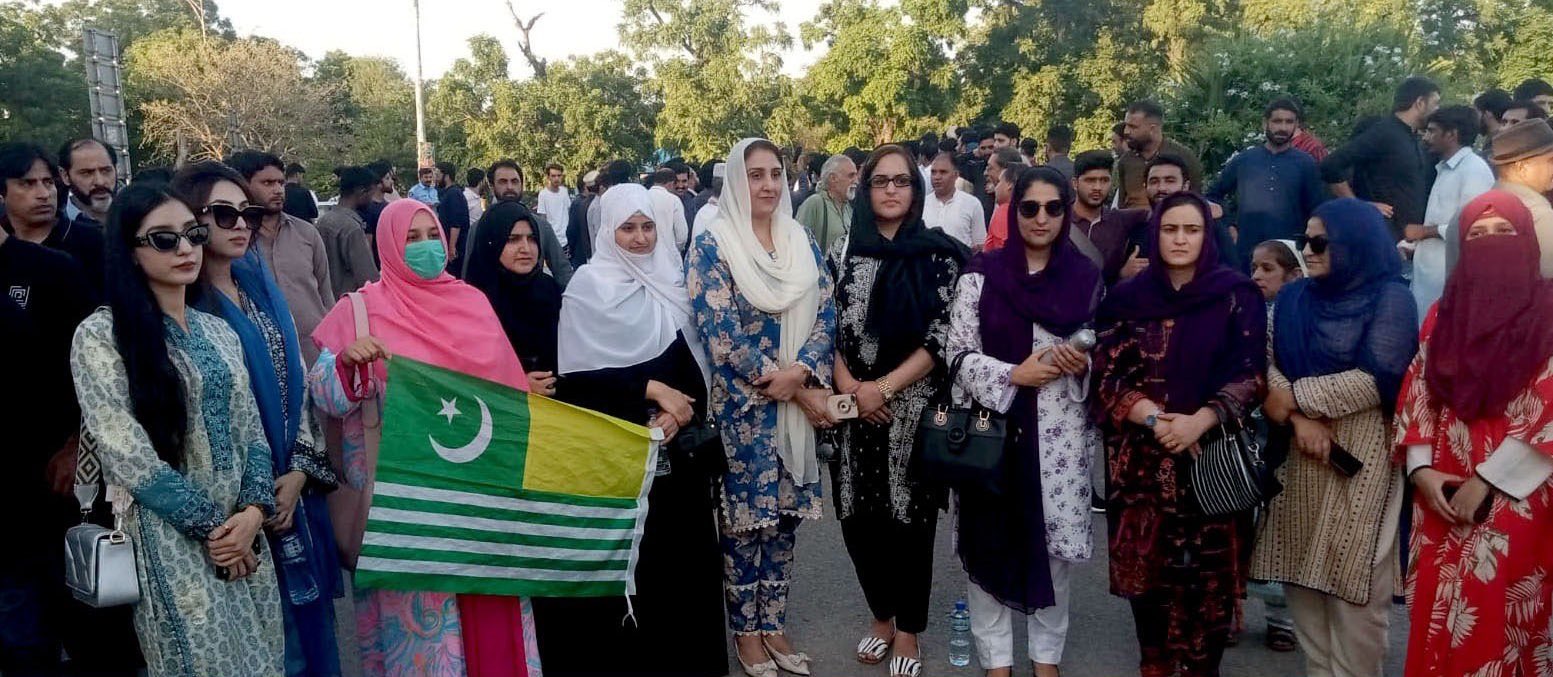
Escalation in East China Sea
Japan scrambled fighter jets after a Chinese Y-9 surveillance plane “violated the territorial airspace” of the Danjo Islands in the East China Sea, Tokyo’s Ministry of Defense said, calling the breach “utterly unacceptable.” The incident constituted the first intrusion of Japanese airspace by a People’s Liberation Army aircraft “since we began anti-airspace incursion measures,” Tokyo said. Beijing’s Foreign Ministry responded that the PLA had “no intention of invading the airspace of any country,” and that the incident is under review. The apparent breach follows a series of accusations by Tokyo over the past months that China Coast Guard ships have entered waters around the Senkaku Islands, some 1,000 kilometers to the southeast of the Danjo. The Senkaku Islands, under Japanese control, are also claimed by China, which calls them the Diaoyu Islands. Like the Danjo, the Senkaku/Diaoyu are uninhabited, but are believed to hold potentially lucrative oil and gas reserves. (Map: Google)



